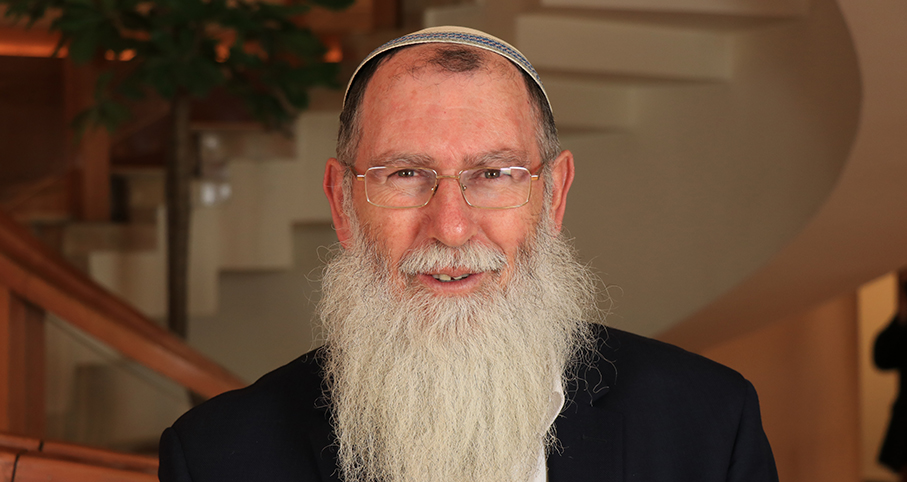Beit Midrash
- Sections
- Chemdat Yamim
- Parashat Hashavua
- Torah Portion and Tanach
- Vayikra
- Emor
Rashi says that the phrase tells us that the Jewish courts, which represent the whole nation, are being instructed to enforce these mitzvot. As the Ramban explains, there are seventy members of Sanhedrin to represent seventy points of view. Similarly, there were seventy elders at the giving of the Torah to turn the group of choice people into those upon whom it is fit for the Divine Presence to rest. Perhaps for this reason beit din is sometimes called the eida (congregation).
There are, though, commentators who understand that Bnei Yisrael are subjects of the prohibition. The Chizkuni explains that a regular Israelite violates the prohibition if he has a blemished kohen bring his sacrifice. The Ibn Ezra says that an Israelite, who may do the slaughtering of a korban, must not be blemished. Neither of them explains why the stress is on "all of Bnei Yisrael."
The Meshech Chochma has a characteristically novel approach to the matter. He relates the prohibition to Israelites, but under different circumstances. Before the Beit Hamikdash was built and when there was no Mishkan, individual altars (bamot) were permitted and non-kohanim were permitted to bring the sacrifices on them. Nevertheless, a blemished person was forbidden to take part even in that service. According to him, the stress on "all" is also understood, because the bamot are a place where there is a stress on everyone taking part.
Regarding the Torah’s prohibition of bringing a blemished animal, the navi explains: "Is there nothing wrong with bringing a blind or a lame animal? Bring them to your governors! See if they will view you favorably!" (Malachi 1:8). The Meshech Chochma says that the rationale is the same for the disqualification of someone blemished doing the sacrifice. We should consider whether this is an intrinsic disqualification or whether it is based on the logic that such people would not serve before noblemen.
Nowadays, mankind has progressed to the point that families no longer hide children with disabilities [not to imply that this affects the halacha regarding korbanot]. To the contrary there is an increasing tendency to include such people in all elements of society and ease access to public places. Let us encourage shuls and batei midrash to make efforts for proper accessibility and enable such people to receive aliyot. You may be interested in a responsum in the new volume (VII) of Bemareh Habazak on the matter. Let us hope that the question of how to include the disabled in the service of the Beit Hamikdash will be applicable in the near future, and hopefully halacha will find exciting solutions.

Parashat Hashavua: Divinely Ordained Sibling Deceit
Rabbi Yossef Carmel | Cheshvan 5786

Parashat Hashavua: Rachel, Leah, and King David – What Happened?
Rabbi Yossef Carmel | Shevat 5786

Parashat Hashavua: Rachel, Leah, and King David – What Happened? – part V
Rabbi Yossef Carmel | Shevat 5786






















